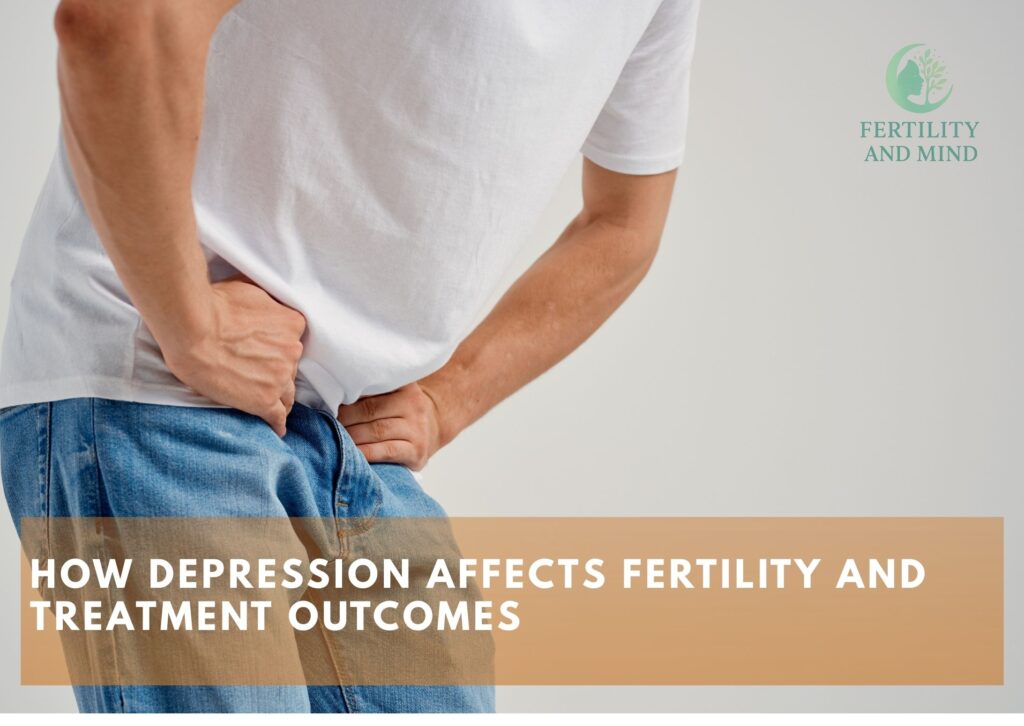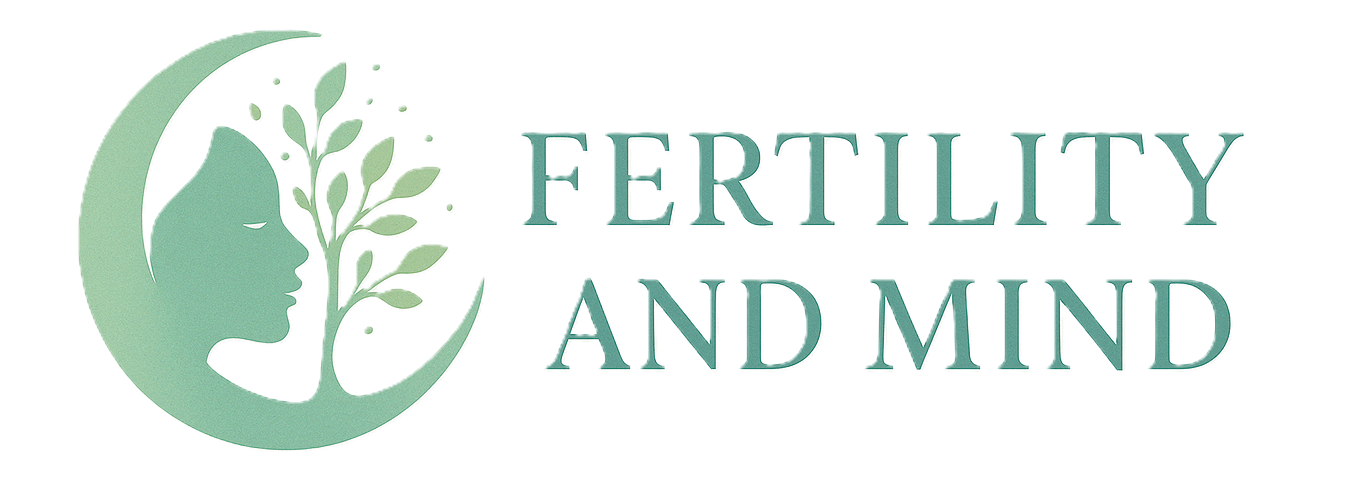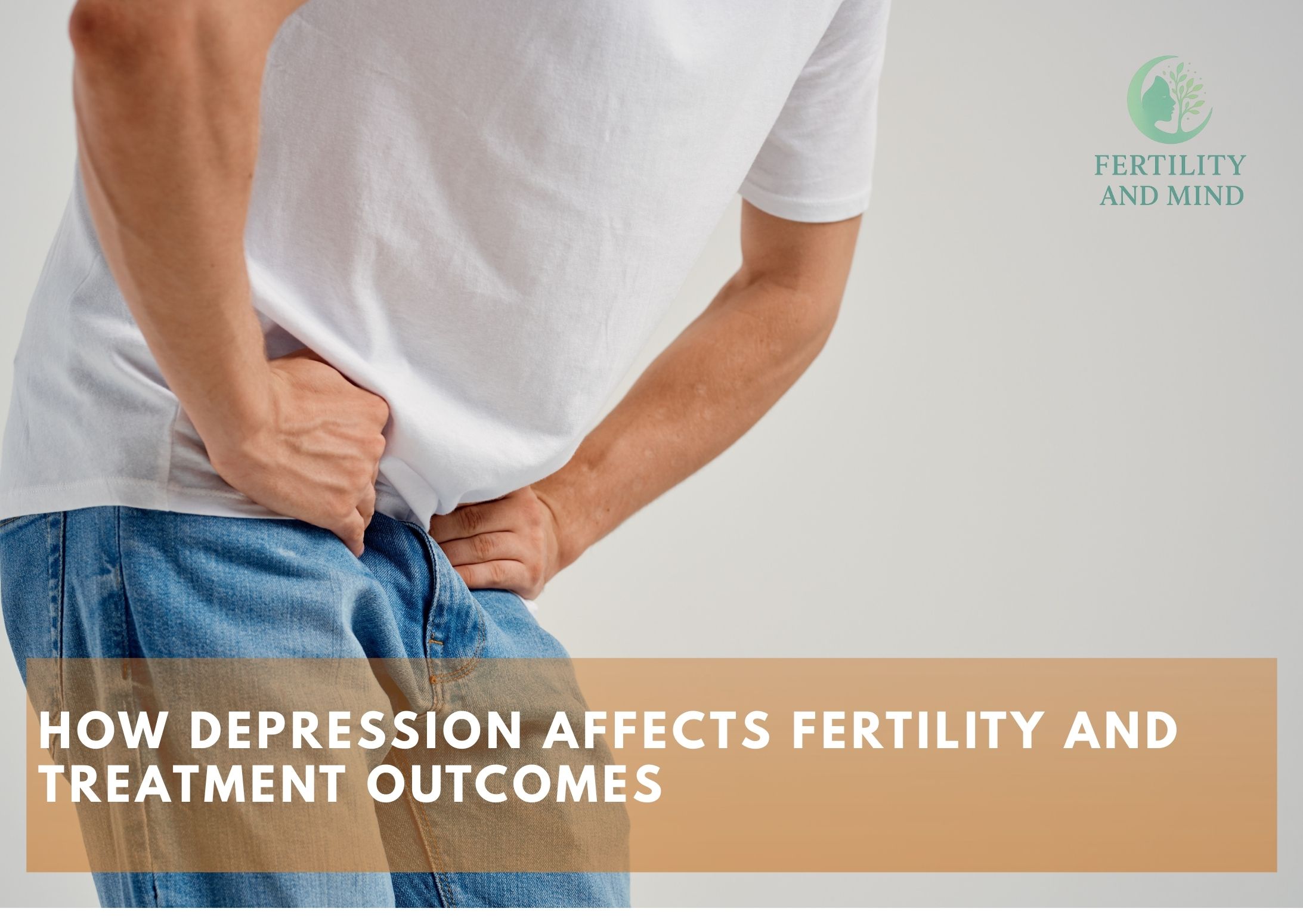
Depression is often invisible, yet it can have very real consequences for those navigating fertility challenges. While medical treatments like IVF and IUI focus on the physical aspects of conception, research shows that mental health especially depression can influence both the chances of pregnancy and how patients experience treatment.
Understanding the connection between depression and fertility empowers patients and couples to seek not only medical care but also the emotional support that can make the journey more bearable.
Why Mental Health Matters in Fertility Journeys
The emotional burden of trying to conceive
The path to parenthood can bring cycles of hope, disappointment, and exhaustion. For some, this evolves into clinical depression a persistent sadness, guilt, or loss of interest in life that goes beyond “normal” stress.
Depression as an under-recognized factor in reproductive health
Doctors often focus on physical causes of infertility, but mental health is just as critical. Studies suggest that depression can delay conception, reduce treatment persistence, and heighten risks during pregnancy.
Scientific Evidence on Depression and Fertility Outcomes
Does depression impact IVF success?
Some studies show no direct link between depression and IVF pregnancy rates. However, others suggest that severe depression is associated with lower success rates and higher chances of treatment dropout.
Depression and risk of miscarriage or delayed conception
Large cohort studies indicate that women with a history of depression may face higher risks of infertility and miscarriage, especially in their 30s and 40s. Depression in men also plays a role, with reduced sperm quality linked to chronic psychological distress.
The role of depression in both partners
Research reveals that when both partners experience depression, the time to conception is significantly longer. This highlights that fertility is a shared journey mental health included.
When Depression Affects Treatment Outcomes
Hormones and biological pathways
Depression can affect the hypothalamic pituitary-ovarian axis, leading to irregular cycles or ovulation issues. In men, it may impact testosterone and sperm production.
Severity matters
Women with severe depression sometimes show fewer eggs retrieved during IVF and lower implantation rates. For men, depression is linked to reduced sperm motility and morphology.
Emotional Impact Beyond the Clinic
The weight of failed cycles
“Each failed cycle felt heavier, not only because of the disappointment, but because the sadness stayed with me. It wasn’t just grief it was depression that lingered, making it harder to find hope again.”
Energy depletion and treatment fatigue
Depression often brings fatigue and lack of motivation, making it harder for patients to continue with demanding treatments like IVF. This can increase dropout rates, even when the medical prognosis is positive.
Support and Interventions that Help
Therapy and counseling
Cognitive-behavioral therapy (CBT), mindfulness, and support groups have been shown to reduce depression symptoms in fertility patients. Professional support also helps couples communicate better during stressful times.
Medical support
In some cases, antidepressants may be recommended. Patients should discuss fertility safe options with their doctor, as some medications are more compatible with conception and pregnancy.
Lifestyle and resilience strategies
Gentle exercise, journaling, meditation, and maintaining social connections all help reduce the weight of depression during treatment.
Personal Reflections on Navigating Depression and Fertility
“During treatment, I carried not only the pressure to succeed but also the guilt of being depressed. It felt like an added layer of failure.”
“After a failed cycle, I felt numb. In therapy, I learned to stop fighting the sadness and instead allow myself to feel it without judgment. That shift gave me strength to keep going.”
“My partner and I discovered that we were both suffering silently. When we finally admitted our struggles, just being present for each other without needing to fix it was more healing than anything else.”
“Depression didn’t make me weak; it made me human. Seeking help was the bravest step I took.”
Conclusion: A Mind Body Approach to Fertility Challenges
Depression can influence fertility in subtle but powerful ways, from delaying conception to lowering treatment persistence. While not every study shows a direct impact on IVF success, the emotional burden is undeniable.
The key takeaway? Fertility care must go beyond the physical. Addressing depression through therapy, medical care, and emotional support can help patients face the journey with resilience and hope.

